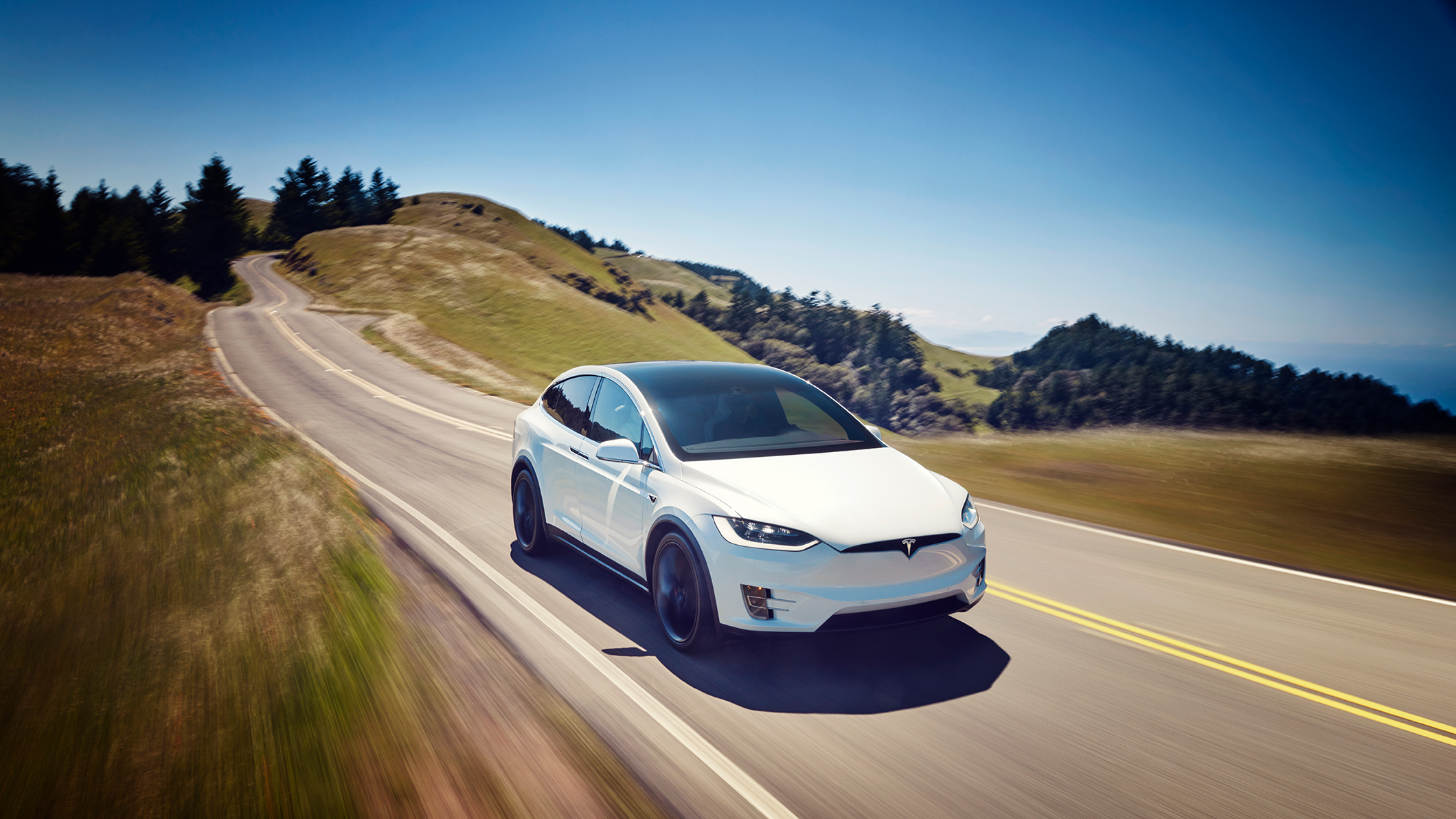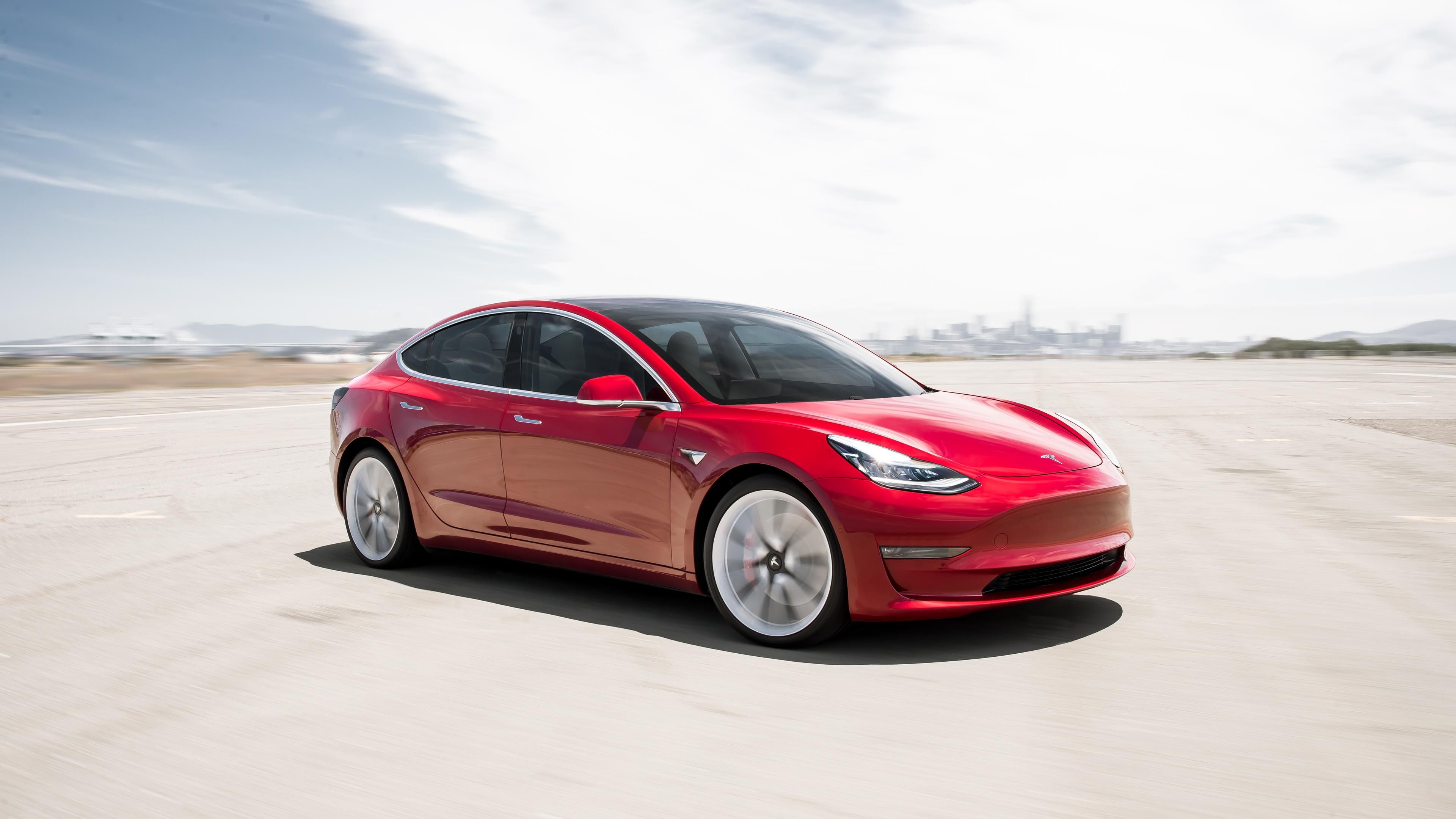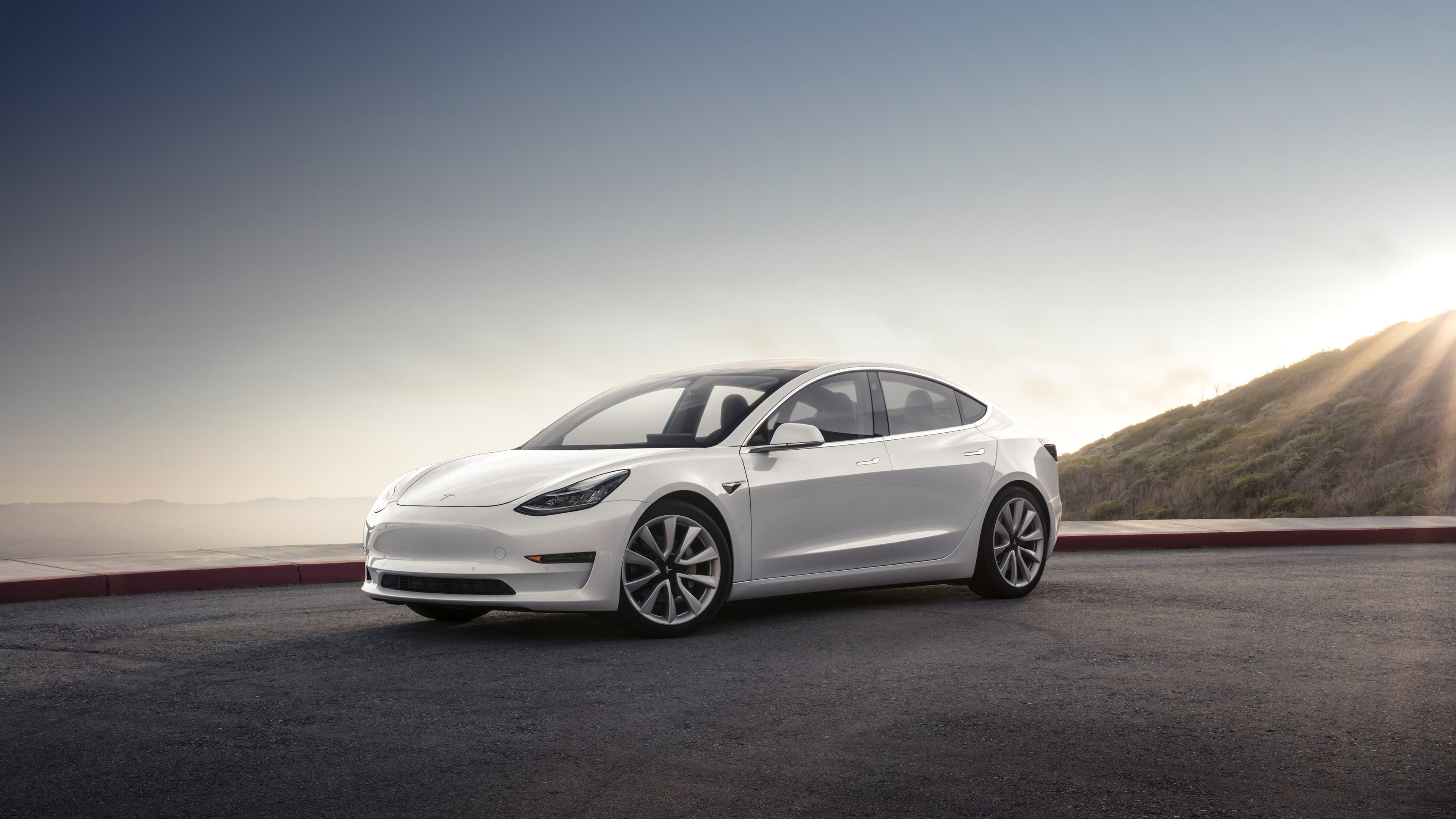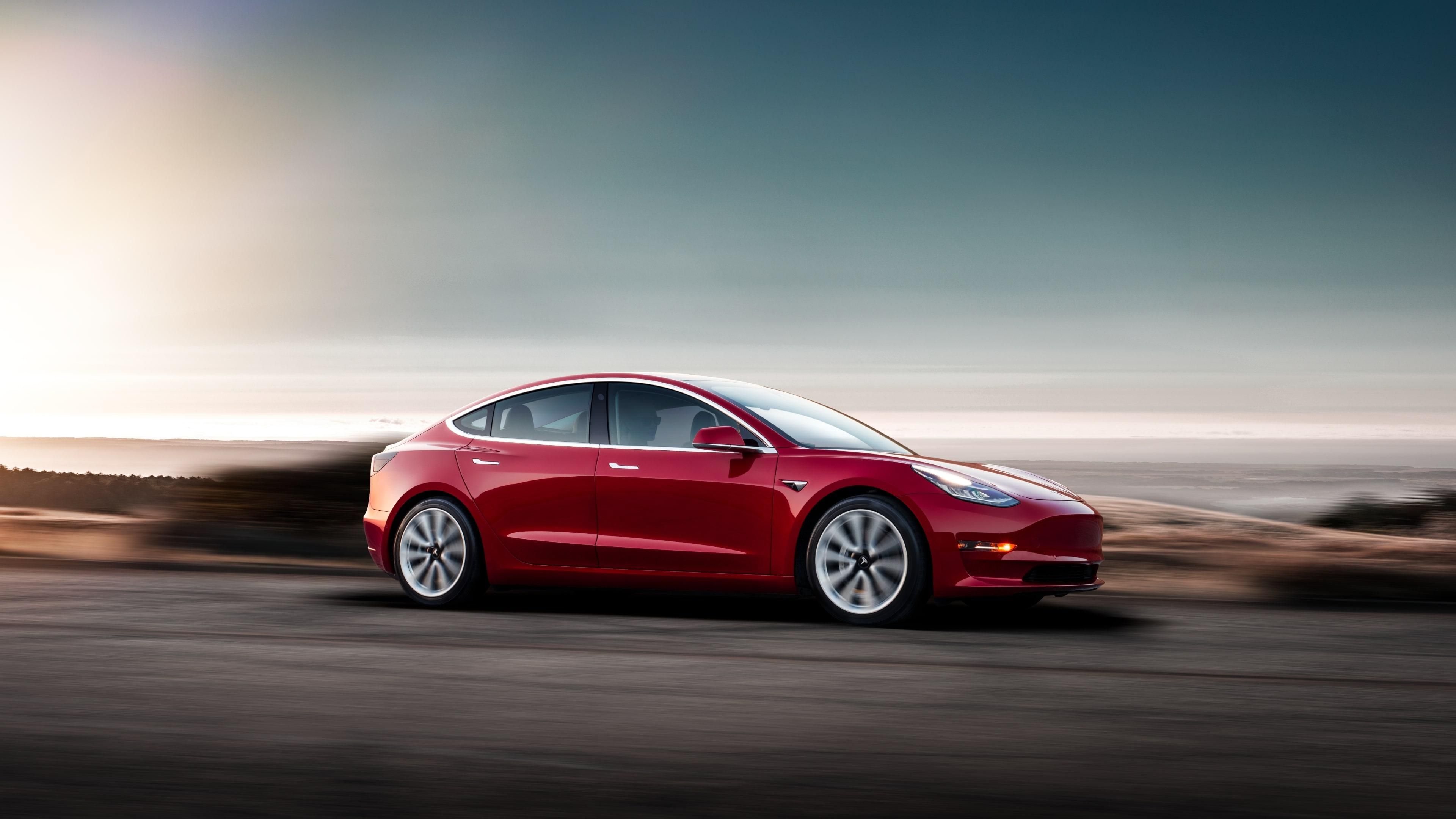Tesla and controversies go hand-in-hand and here’s some more controversy from Musk’s company. Tesla has pushed some of the deliveries of its cars that were originally scheduled to be deliver this year to next year, thus costing many owners a federal tax credit of $1,875.
During every financial quarter, Tesla tried to push out as many cars as possible to showcase better results, but this time, even the customers were in a rush to take deliveries up to the 31st of December to avail the tax credit. However, Electrek says that several U.S. buyers were asked to either take deliveries early next year without the credit or cancel their orders. Well, it's clearly not a good situation to be in.
You Can Still Get The Benefits On EVs From Other Automakers
Back in November, Tesla sent a warning to customers asking them to order their cars now to get deliveries by the end of the year and still be eligible for the $1,875 federal credit. To explain the tax credit structure in brief, the U.S. federal government runs a tax credit program wherein it offers a credit of up to $7,500 to electric car buyers. The cap set for this credit referred to the first 200,000 examples sold by an automaker in the States, and Tesla customers enjoyed this program for eight years up until December 31, 2018.
From January 1, 2019, the figure was cut into half and customers were eligible for a $3,750 tax credit. This was further halved six months later, meaning that customers were given a credit of just $1,875. The government capped off the benefits for December 31, 2019. After that date, no credits would be given.
Colorado, for instance, offers $5,000 tax credit when buying a new EV. The only other automaker to have crossed to the 200,000 EV sales figure mark is General Motors. However, GM tax credits are available up to March 2020 to the tune of $1,875. You can still get a full tax credit of $7,500 if you choose to buy an EV from the likes of Ford, Nissan, Volkswagen, BMW, and Kia, to name a few.
Is It Really Such a Big Loss?
Even if you take delivery of a 2019 car with $1,875 tax credit, you will lose out much more on the depreciation. The minute you drive a car out of the dealership, it loses anywhere between 10 to 50-percent in value. But, I’m not even going to take that into consideration. An average car in America loses 15 to 25-percent every year for the first five years.
If you buy a Model 3 worth $35,000 on December 31, 2019, you’ve lost a minimum of $5,000 the minute the calendar year changes. If you deduct the $1,875 credit that you received, you still lose over $3,000. However, that won’t be the case when you buy a 2020 Model 3 without the $1,875 credit benefit. You’ll basically have one extra year’s benefit with you. There are depreciation calculators on the web and you can do the math for yourself. However, the point is, this may seem like a $1,875 hit in the beginning, but it won’t matter much if you plan to sell your car after four years or so.
Final Thoughts
Now that Tesla has been phased out of the tax credit structure program and a majority of the automakers are still in the full tax credit bracket, will they be able to pull away potential customers from Tesla? Share your thoughts with us in the comments section below.




